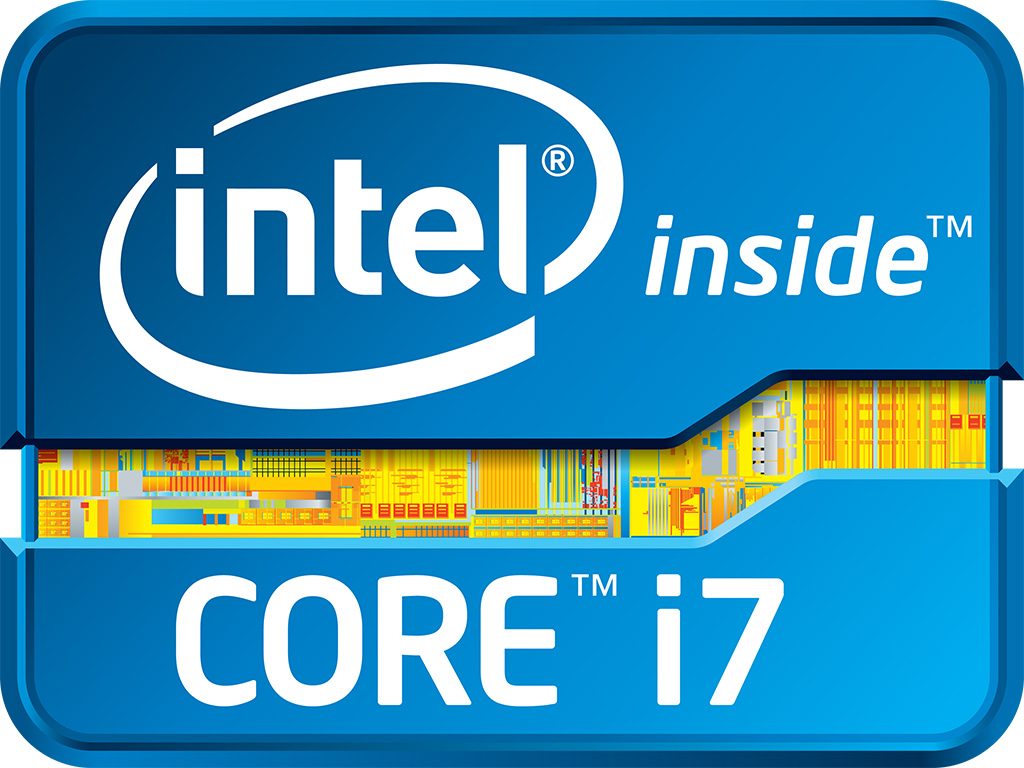First benchmarks of Intel’s Broadwell-E Core i7-6950X appear
Broadwell-E versus Haswell-E

It’s tough to get overly excited about Kaby Lake, a stopgap release intended to fill the void left by Cannonlake’s delay, but don’t forget that Intel still has Broadwell-E on the roadmap. Intel plans on launching Broadwell-E to the enthusiast market later this year, and in the meantime Overclock.net forum user Silicon Lottery posted a handful of benchmarks comparing the Core i7-6950X to a Core i7-5960X, a Haswell-E CPU.
The Core i7-6950X is expected to be Intel’s flagship Broadwell-E processor. It’s built on a 14nm manufacturing process, has 10 cores with Hyper Threading support, and wields 25MB of L3 cache. What Silicon Power benchmarked was an engineering sample, which is a pre-release version that’s typically intended to test compatibility and to give system builders a jumpstart on designing products.
Silicon Lottery ran the Core i7-6950X at the same 3GHz base and 3.5GHz boost clockspeeds as the Core i7-5960X, though it’s not clear if that’s also the default clocks of the Broadwell-E part or if he did that just for the sake of comparison. Either way, the Broadwell-E CPU has a core count advantage and more L3 cache than the 22nm Core i7-5960X, which is an 8-core chip with Hyper Threading and 20MB of L3 cache. Both have a 140W TDP and are compatible with Intel X99 motherboards with LGA 2011-3 sockets.
As for the benchmarks, the Core i7-6950X scored 1,904 (multi-core) and 151 (single-core) in Cinebench, versus the Core i7-5960X scoring 1,592 and 160 in the same tests. That’s about 10 percent for Broadwell-E in the multi-threaded portion, but interestingly the Haswell-E CPU scored a little higher in Cinebench’s single-threaded test.
In XTU, the Core i7-6950X scored 2,354, topping the Core i7-5960X’s score of 2,001. Broadwell-E also showed generally faster performance in AIDA64’s memory and cache benchmarks.
Silicon Lottery was able to squeeze some nice overclocking results out of Broadwell, though not quite as high as Haswell-E.
“Definitely not clocking as well as Haswell-E, but that was to be expected. We're looking at 4.3-4.4GHz to get stable here,” Silicon Lottery said.
Keep up to date with the most important stories and the best deals, as picked by the PC Gamer team.
At 4.5GHz, he managed to complete a multi-threaded Cinebench run, which returned a score of 2,327.
These aren’t the only Broadwell-E benchmarks on Overclock.net’s forums. User Maintenance Bot pitted a Core i7-6850K against a Core i7-5820K. He didn’t compare single-threaded Cinebench scores, but in the multi-threaded run, the Broadwell-E part posted a higher result (1,311 versus 1,191).. You can check out those benchmarks here.
Paul has been playing PC games and raking his knuckles on computer hardware since the Commodore 64. He does not have any tattoos, but thinks it would be cool to get one that reads LOAD"*",8,1. In his off time, he rides motorcycles and wrestles alligators (only one of those is true).


